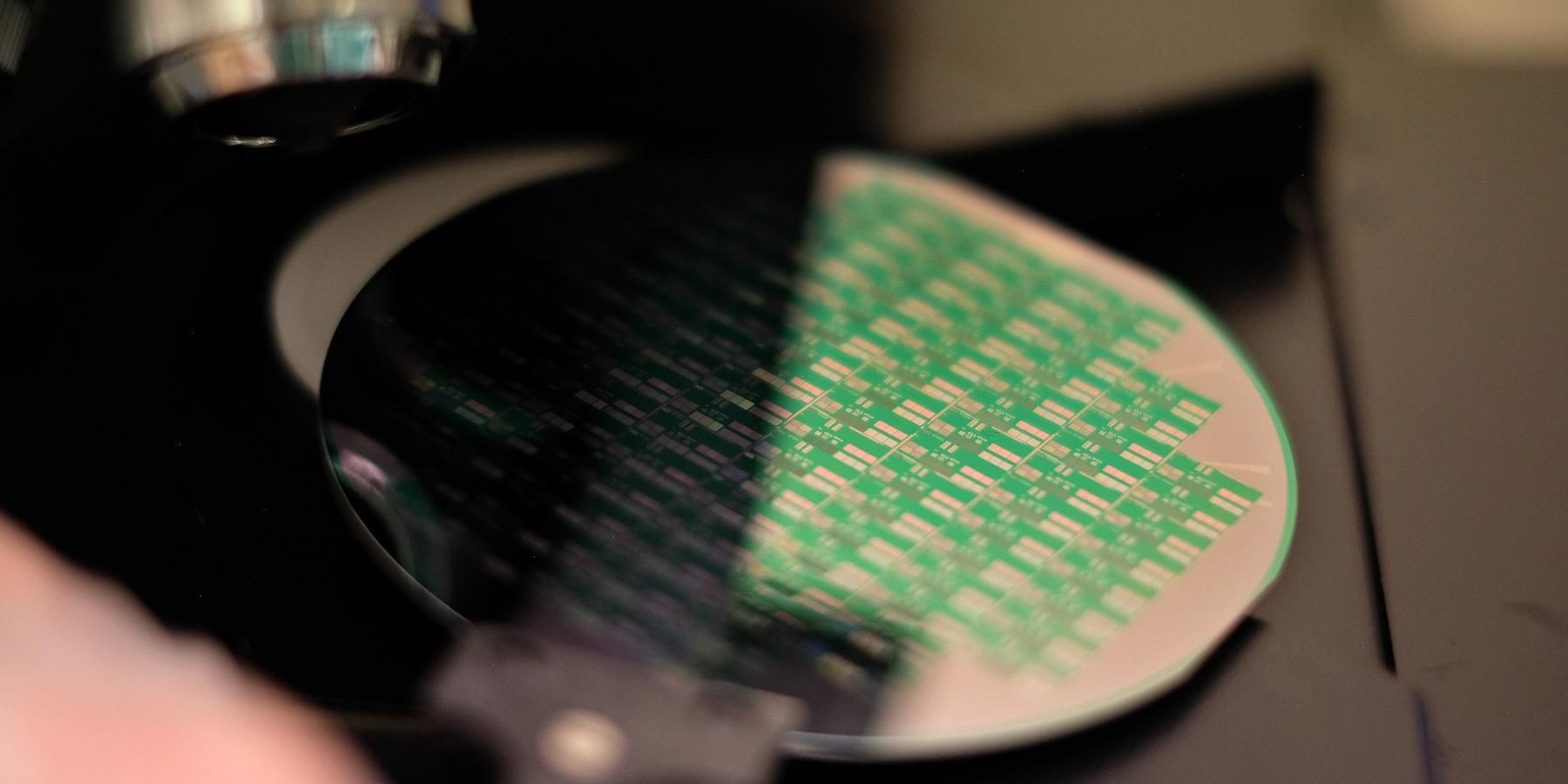Universities and research and technology centers support the proposal for Catalonia to host the semiconductor and microchip industry
The Institute of Microelectronics of Barcelona signs a statement together with universities and other research centers to support the FabCat proposal, an initiative to install in Catalonia a headquarters for one of the semiconductor factories to be built in the European Union.

The University of Barcelona, the Autonomous University of Barcelona, the Polytechnic University of Catalonia, the University of Girona, the Rovira i Virgili University, the CSIC's Institute of Microelectronics of Barcelona and the Eurecat technology center are the entities that make up the FabCat initiative, which promotes Catalonia as the site of one of the semiconductor factories to be built in the European Union.
Now, these university, research and technology centers celebrate the Government's announcement to launch a new strategic project for economic recovery and transformation (PERTE) on microchips and semiconductors, which will receive a public investment of more than 11,000 million euros from of the Next Generation EU funds.
Universities and research centers have participated in FabCat together with the Barcelona and Girona chambers of commerce, supply companies and groups of volunteers coordinated by the Tecnoateneu de Vilablareix. FabCat has stressed that Catalonia has the technological knowledge and experience of human resources necessary to design and apply microchip technology. Likewise, it has highlighted the availability of the material means and industrial land with the most demanding requirements to host a large semiconductor manufacturing project.
The microchip industry is a strategic sector with great potential. According to the European Commission's work program for the year 2022, published on October 19, 2021, a proposal on a European chip law will be published in the second quarter of 2022. Having electronic components, whose scarcity has been revealed in recent months, is a strategic priority to strengthen the European continent in the face of current technological and digital challenges.




